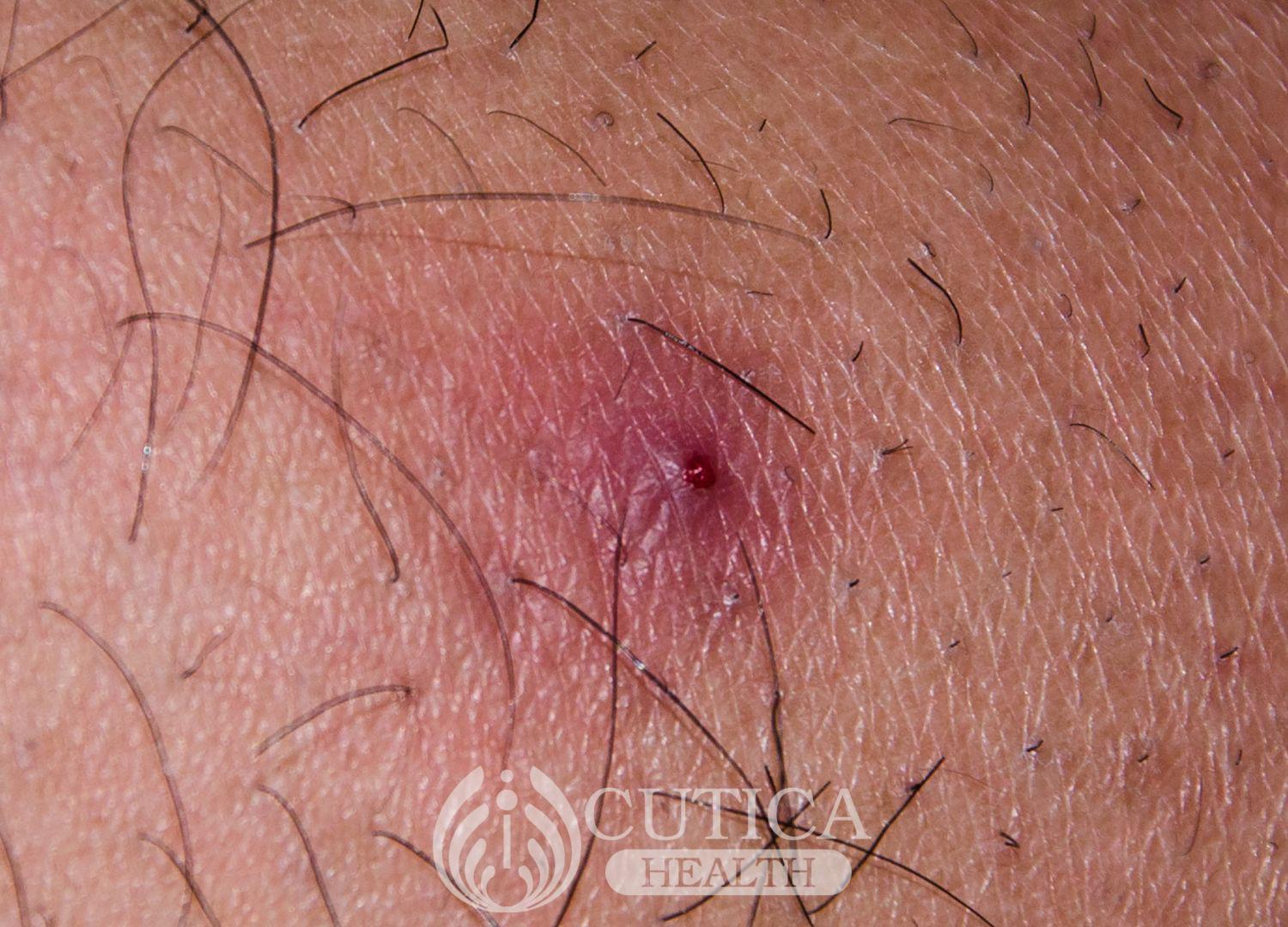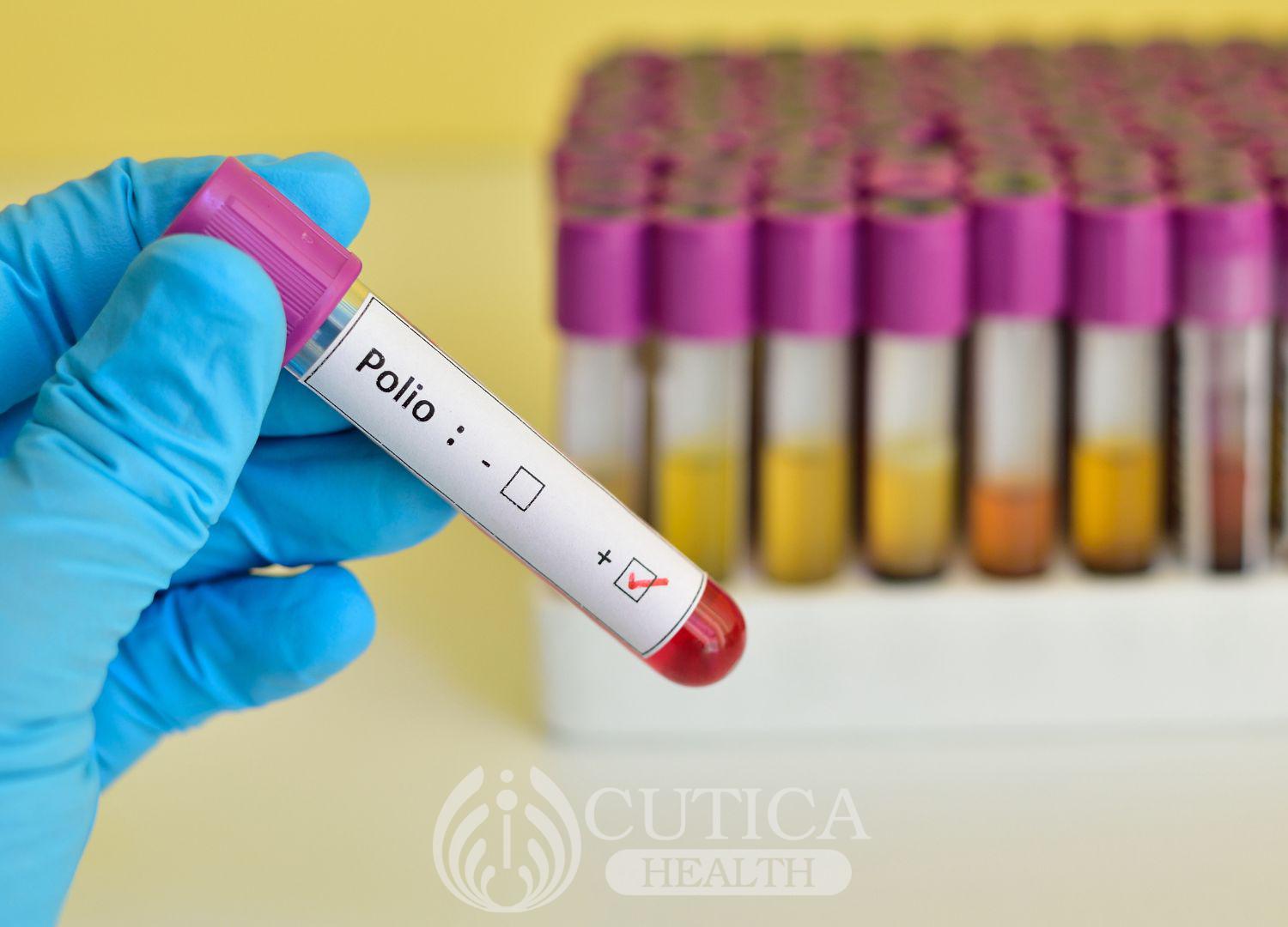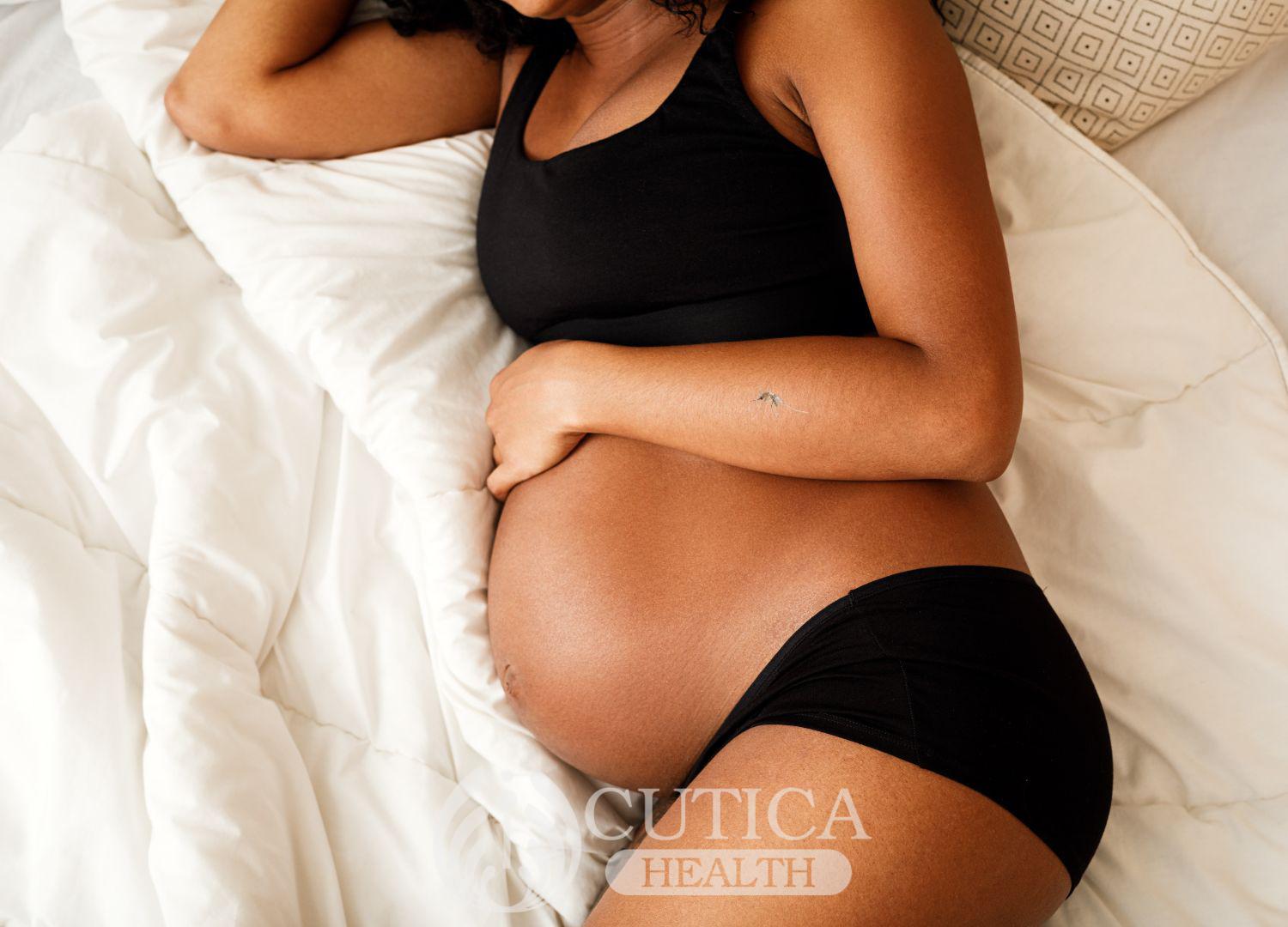
“Ouch, it hurts!” Angela said as she touched the bumps on her armpits for the umpteenth time. It’s been over a week since she got them, but this wasn’t the first time so she knew exactly what they were. And she also knew that those little bumps would eventually open and let out every content in them before they heal.
Boils: What they are
- They are painful, pus-filled bumps that form under the skin. They result from infected, inflamed hair follicles, or oil glands.
- Boils can occur anywhere on the human skin as long as the area has hair follicles or oil glands present. Frequent areas affected include the face, armpits, pubic area, thighs, buttocks and the back of the neck.
- Boils may form singly or in groups. And the fusing together of multiple boils gives rise to what is called a Carbuncle.
- Sometimes, it is difficult to distinguish boils from other bumps like pimples as both bumps are very similar. It is worthy of note that boils tend to be more painful and bigger than pimples.
Causes of boils
Boils are caused when a bug, usually bacteria, gets into the skin through a break in it. Common bacteria that cause boils include staphylococcus aureus and streptococcus. 
Signs and symptoms
Common signs and symptoms of boils include:
- Red, tender lump-like bumps
- Presence of pus discharge from the bumps
- Itchiness
Prevention
Bacteria that cause them can be spread through skin-to-skin contact with infected individuals, and contact with contaminated surfaces.
Thus, to prevent getting boils:
- Avoid sharing materials with individuals with boils.
- Ensure proper hygiene
- Ensure hand hygiene
- If you’ve got boils that are discharging, keep them closed with a clean plaster

How to treat them
Many boils are self-limiting, that is, they go away on their own after some days. Treatment may be necessary if the boils are located in certain areas of the body, such as your face or if the boils are growing bigger. Treatment methods include:
- Use of antibiotics to clear off the bacteria
- Incision of the boil and drainage of the pus
- Warm compresses (using a warm cloth soaked in warm water, which helps the body clear out the fluid

Note: Avoid popping or picking at your boil as this could allow the bacteria to affect deeper layers of your skin, or worst still, internal organs. This could lead to potentially life-threatening complications.

As aforementioned, boils go away on their own but if your boils don’t clear up after some days and if they appear to grow bigger and become more painful, ensure you seek medical attention. If you have frequent boils, make sure you get checked for possible underlying conditions such as diabetes.












